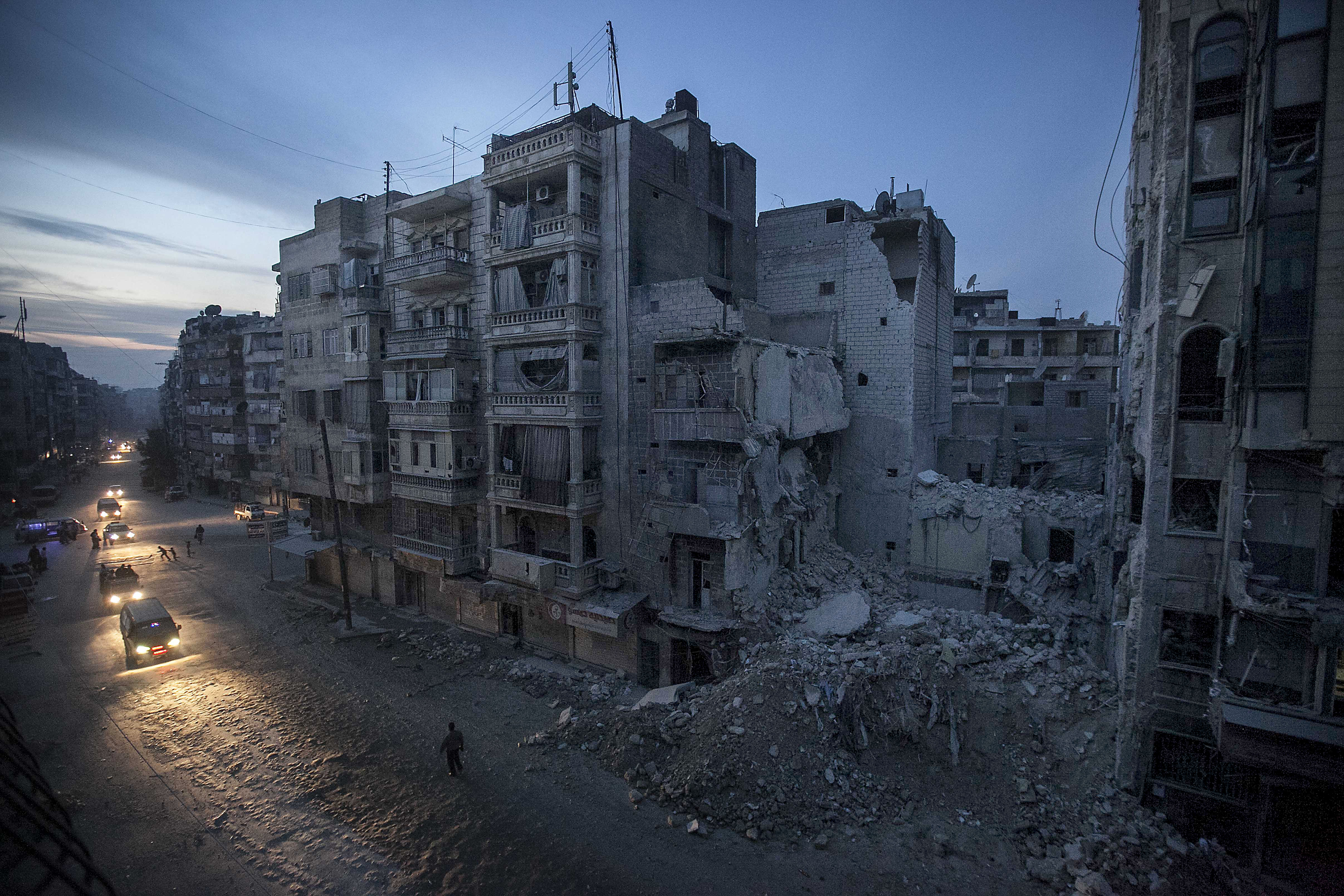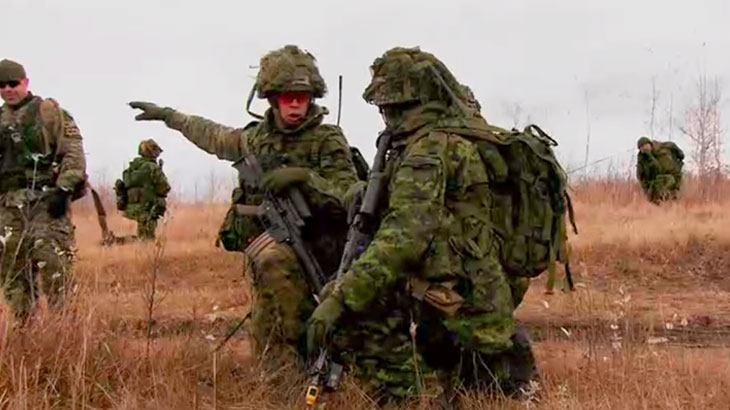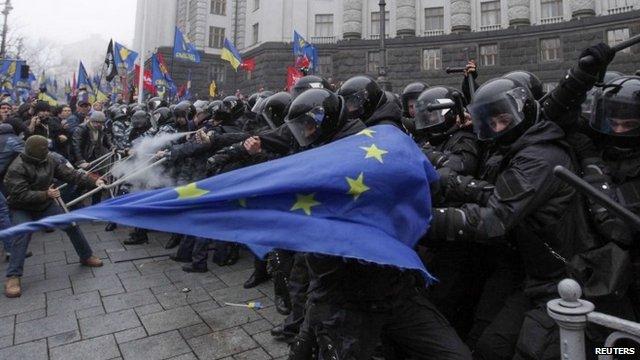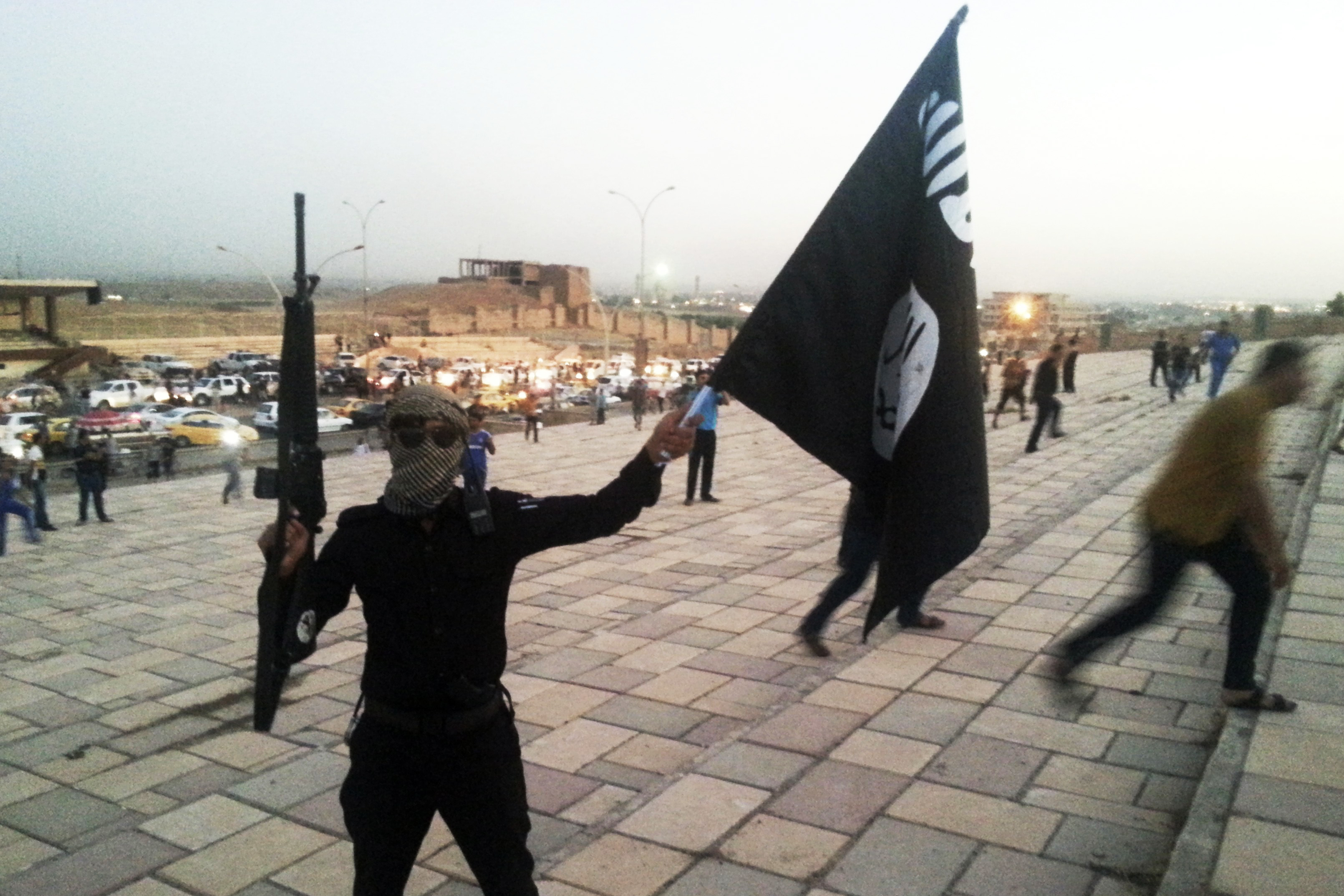Atlantic-Community.org is an online foreign policy think tank based in Berlin. Atlantic Memos showcase the best ideas and solutions from atlantic-community.org and are distributed to decision-makers as executive summaries.
Memo 45: Arming the opposition, creating a no-fly zone, and intervening in Syria are not feasible options despite currently dominating the headlines. Instead, Western governments should focus on creating political dialogue, inclusive of Assad’s government, that leads to the country’s federalization. They should also secure Syria’s chemical weapons, including through diplomacy with Russia. Lastly, the transatlantic partners should send military and technological support to Turkey’s southern border.
Atlantic-community.org members generally agree that arming rebels will escalate the conflict in Syria, a no-fly zone is too risky and cost-inefficient, and that intervention is politically unlikely. Instead, the three goals they should pursue, as outlined below, are: (1) support political dialogue that includes the regime and leads to federalization in Syria; (2) secure Syria’s chemical weapons, including by partnering with Russia; (3) reinforce the security of Turkey’s southern border to reduce the spread of violence and to help Turkey to better serve its citizens and refugees.
POLICY RECOMMENDATIONS
1. Support steps towards political dialogue, including with the regime.
It is time to reevaluate the position that the fall of the Assad regime is unavoidable. While there are advantages to the government’s removal, the costs far outweigh the gains at this stage (Kratovil). Had international action been taken earlier, before the opposition has become so saturated with jihadist-linked fighters, perhaps there would be other options (Naselli). However, the presence of jihadists weakens the trust from Western governments, leaving little to no space for political maneuver. The best alternative is to lead the conflict to a political solution, even if it includes a modification of the Syrian borders (Azevedo and Galamas). Due to the mistrust borne from the civil war, federalization is unlikely to succeed without international support (Våge). A federalization plan which preserves some saving of face for each side should be on the table at the upcoming Geneva Peace Conference (Naselli).
1.1 Back federalization within the framework of a unified and sovereign state.
Western powers should promote the federalization of Syria with autonomous regions. This may prove one of the most tangible, concrete, and realistic methods for securing an inclusive and tolerant Syria. This federalization project could be along the lines of the 2004 Cyprus Settlement Plan which promoted a federal government with constituent states where the relationship between the federal government and the states is modeled after the Swiss canton system. This could accommodate all factions within a territorially-unified Syria (Våge).
1.2 Engage all of Syria’s communities and political actors, not just the opposition.
In pursuing a federalized Syria, Western countries should put forth a multi-party agreement involving the internal factions in Syria, like Alawites, Druze, and Christians, as well as important external actors such as Russia, Iran, and the Gulf states. Western countries will lose legitimacy as mediators if they are seen as sponsors of an exclusive opposition agenda. In order to position themselves as forces of moderation that can facilitate Syria’s transition, the transatlantic partners must not alienate, but engage with all relevant parties (Våge).
As part of this strategy, Western governments should coordinate with international actors like Russia to identify and elevate influential members of relevant parties under one organization and draft a new proposal for the future of Syria that the National Coalition can stand behind. The United Nations Security Council, including Russia and China, must be prepared to endorse this proposal (Kratovil).
1.3 Make support for the opposition conditional upon participation in a peace process.
Once a proposal has been agreed upon, the transatlantic community must coordinate its material support to the opposition, including weapons, with the Gulf States and agree to put preconditions on these supplies. The main precondition should be their participation in a regular series of negotiations with the Assad government. Russia should agree that it will apply the same conditions to its support of government forces. This strategy will also work towards the goal of keeping weapons out of the hands of hard-line extremists (Kratovil, Naselli).
2. Secure chemical weapons, including by negotiating with Russia.
Based on publicly available information, nothing points conclusively to a single chemical weapons (CWs) incident and for each claim alternative explanations still await refutation. While the UK, France, and the US have recently provided the UN Secretary General with reports detailing their respective national findings on CW use, only a few select details of these reports are public. France, the UK, and the US should publish factual reports on their findings of CW use to enable informed public debate and give credence to policy proposals to counter CW (Zanders). For now, Western governments should partner with Russia to secure the weapons diplomatically and make support for the parties conditional on cooperation with CWs.
2.1 Partner with Russia to secure CWs.
Western governments should cooperate with Russia to secure CWs. Russia shares the West’s concerns over potential WMD proliferation to Islamists in the region especially as it fears Syrian CWs will reach Chechen militants. Russia can be a useful partner as it has considerable political leverage over the Assad’s regime and possesses logistic capabilities for removing and/or securing the CWs. (Shevchenko). The West and Russia should engage each other more to enable a UN team of experts to enter Syrian territory to investigate all allegations of CW use through the adoption of a UN Security Council resolution (Zanders).
2.2 Make support conditional upon cooperation with chemical weapons.
Any political or financial support to the opposition and to the government forces should be tied to an agreement to secure and safely dispose of the remaining CW stockpiles still in existence at the end of the war. Moreover, there should be an oversight mechanism for CWs and it should be an integral part of any peace agreement (Naselli). After stabilization, Russia and the West should work together to ensure Syria’s participation in multilateral initiatives to create a zone free of non-conventional weapons for the region (Zanders).
3. Secure Turkey.
The danger of a spillover effect of violence over to Syria’s neighbors is very real (Tekir). In recent attacks in the Turkish province of Reyhanlı, organized by the forces loyal to the Syrian administration, 51 people were killed. The transatlantic community must reinforce the security of the southern border of Turkey to avoid the spread of the violence and help Turkey better secure and serve its citizens and refugees (Azevedo and Galamas).
3.1 Send further military and technological support.
NATO has taken some measures regarding potential missile attacks, including the placement of a missile defense system to prevent any Syrian missile attack in the south of Turkey. Further support can be provided to Turkey to help it patrol its borders by deploying means like airborne warning and control systems (AWACs) that can monitor the region from deep inside NATO territory. This “passive” military and technological support will be easier to sell politically (Azevedo and Galamas).
Authors:
Rui Azevedo (Portugal) is an officer in the Portuguese Army, completing his Master’s in Strategy at the Instituto Superior de Ciências Sociais e Políticas, and a member of the Young Atlanticist Working Group from the United States NATO Council.
Francisco Galamas (Portugal) is an international security and nonproliferation analyst and member of the Young Atlanticist Working Group from the United States NATO Council.
James Kratovil (United States) is an officer in the US Army.
Jason Naselli (United States) is a former managing editor of Atlantic Community and works in international affairs in London.
Nikolay Shevchenko (Kazakhstan) is a graduate student of international relations at KIMEP University and editor of The Gadfly (the-gadfly.org).
Gökhan Tekir (Turkey) is a graduate student in the international department at Bilkent University.
Anders Våge (Norway) is an MPhil candidate in international relations at the University of Cambridge.
Jean Pascal Zanders (Belgium) is the director of The Trench, an initiative dedicated to investigating the future of disarmament.
Atlantic Memos showcase the best ideas and arguments from debates in the Open Think Tank on www.atlantic-community.org. Please take the next step and help us spread the word. You can download a PDF copy of this Atlantic Memo to distribute to your local or national decision-makers. The recommendations expressed above come from your Atlantic Community.
This article was originally published at atlantic-community.org




